Nature reports
Page 67 of 75 - 750 Results
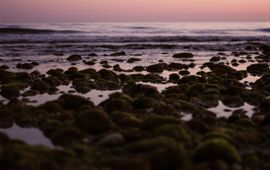
Ecosystems can suddenly collapse when the pressure becomes too high. For this reason, predicting such tipping points is very important. An international team of researchers now shows that when the recovery of salt marshes slows..
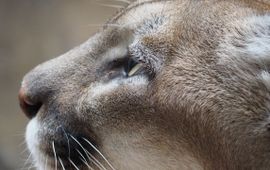
If a dangerously inbred puma population in Southern California is to survive in the future, an urgent need for genetic connectivity must be met, according to two scientific papers from a team of researchers coordinated by the..
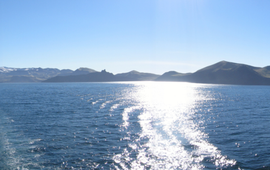
From 31 May to 7 June, Wageningen Economic Research investigated the litter that had washed up on remote beaches in the Arctic. The most commonly found items were pieces of plastic, fishing nets and rope...
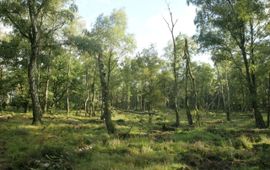
Forests around the world are at risk of death due to widespread drought, University of Stirling researchers have found. An analysis suggests that forests are at risk globally from the increased frequency and severity of droughts...
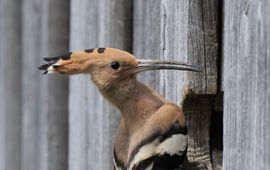
Hoopoes throughout Europe appear to be genetically identical, a new study reveals. This means the birds exchange readily between populations. In addition, genetic analyses show that although recently increased populations in..
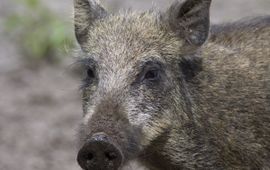
Different than expected, wild boars do not come to Berlin in order to use garbage or other anthropogenic food resources. In fact, also in the city they predominantly consume natural resources. The researchers analysed the stomachs..
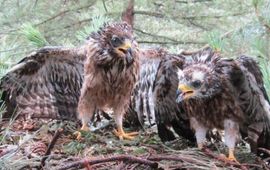
Migrant birds that breed in the same area in Europe spread out across all of Africa during the northern winter. A new satellite-tracking study shows that the destination of individual birds is largely determined by the wind..
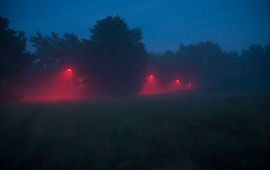
Artificial light at night can have a disruptive effect on bats, but not if the light is red. Switching to red light may therefore limit or prevent habitat loss for rare, light-shy bat species. The latest issue of Proceedings of..
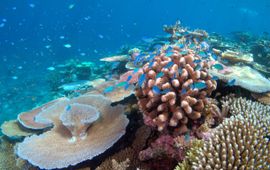
The future of the world’s coral reefs hangs in the balance, but it is not too late to save them, according to a major study published in the prestigious journal, Nature...
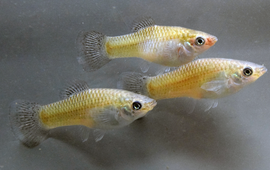
Genetically identical Amazon mollies raised individually and under identical environmental conditions, nevertheless develop different personality types. Additionally, increasing the opportunity for social interactions early in..
